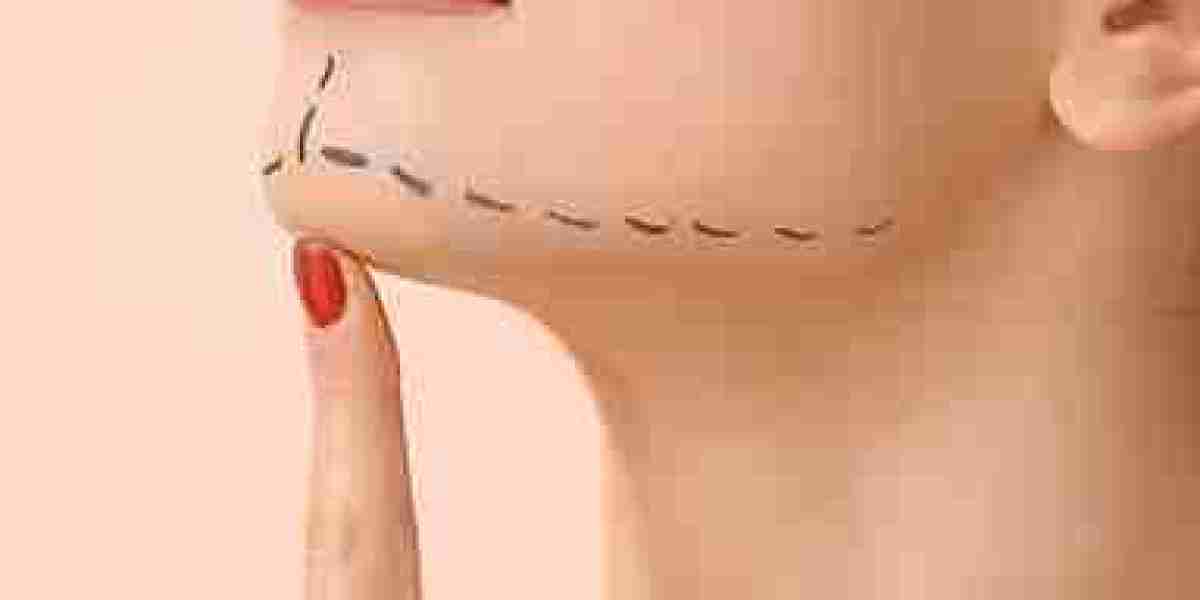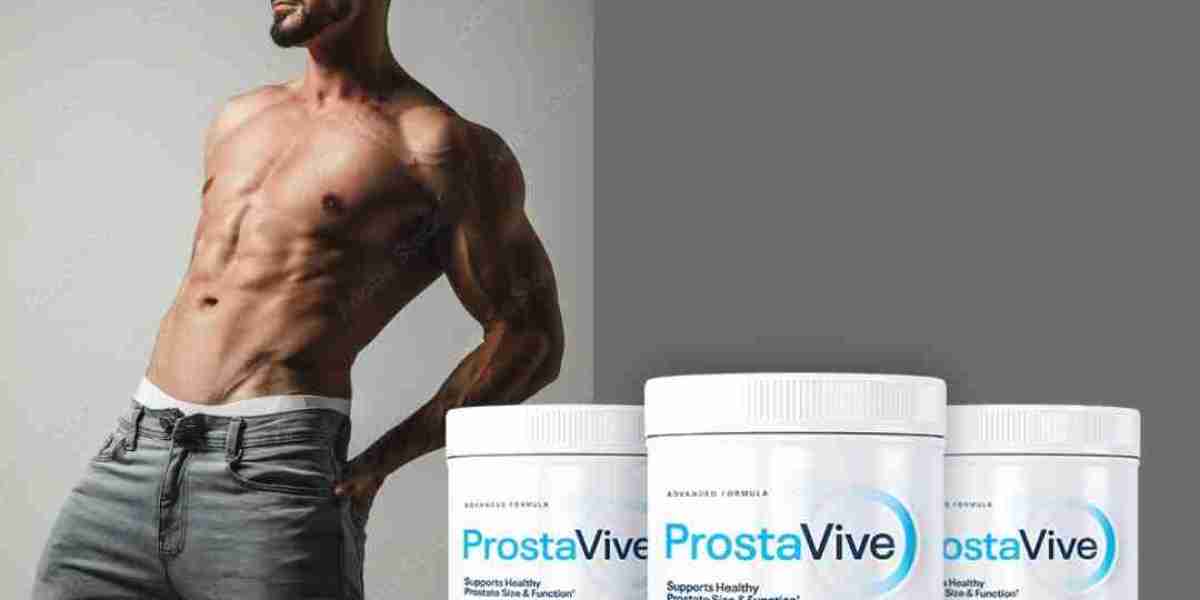Jaw surgery is a life-changing procedure that can correct misalignment, improve facial symmetry, and enhance overall oral function. However, like any surgical procedure, it comes with a recovery phase that includes swelling and bruising. These side effects are normal and temporary, but managing them effectively can speed up healing and make the recovery process more comfortable.
If you are planning to undergo Jaw Surgery in Islamabad, it’s essential to know how to handle post-operative swelling and bruising. This guide will help you understand why these symptoms occur and the best ways to minimize them.
Why Do Swelling and Bruising Occur After Jaw Surgery?
Swelling and bruising happen due to tissue trauma during surgery. The body reacts to this trauma by increasing blood flow to the affected area, causing inflammation and fluid buildup. This is a natural part of the healing process and can take several weeks to fully subside.
How Long Do Swelling and Bruising Last?
✔ Swelling peaks within the first 48-72 hours.
✔ Significant swelling lasts for about 7-10 days.
✔ Minor swelling can persist for 2-3 months.
✔ Bruising fades within 2-3 weeks.
The extent of swelling and bruising varies depending on:
✔ The complexity of the surgery.
✔ Your body’s natural healing process.
✔ How well you follow post-operative care instructions.
Effective Ways to Reduce Swelling After Jaw Surgery
1. Apply Cold Compress (First 48 Hours)
One of the most effective ways to minimize swelling is by using a cold compress or ice pack.
✔ Wrap ice in a cloth and gently place it on your cheeks.
✔ Apply for 15-20 minutes every hour during the first 48 hours.
✔ This helps reduce blood flow and fluid accumulation in the area.
? Avoid placing ice directly on the skin to prevent frostbite.
2. Keep Your Head Elevated
Keeping your head elevated helps reduce blood flow to the jaw area, preventing excessive swelling.
✔ Use extra pillows to keep your head above heart level while sleeping.
✔ Avoid lying flat, as this can increase swelling.
3. Stay Hydrated
Drinking plenty of water helps flush out toxins and reduce inflammation.
✔ Aim for at least 8-10 glasses of water daily.
✔ Avoid caffeinated and carbonated drinks, as they can lead to dehydration.
? Avoid using a straw, as the sucking motion can strain the jaw.
4. Follow a Soft Diet
Eating hard or chewy foods can strain the jaw and increase swelling. Stick to a soft or liquid diet for the first few weeks.
✔ Best Foods: Smoothies, soups, mashed potatoes, yogurt, and scrambled eggs.
? Avoid spicy, crunchy, or acidic foods that may cause irritation.
5. Take Prescribed Medications
Your surgeon may prescribe anti-inflammatory drugs and pain relievers to control swelling.
✔ Follow the medication schedule strictly.
✔ If swelling increases after a few days, consult your doctor immediately.
6. Avoid Heavy Physical Activity
Strenuous physical activities can increase blood pressure and worsen swelling.
✔ Avoid intense exercise for at least 2-4 weeks.
✔ Opt for gentle walks to maintain circulation without causing stress to the jaw.
7. Use Warm Compress (After 3 Days)
After 72 hours, switch to a warm compress to help reduce swelling faster.
✔ Apply a warm towel to the swollen area for 15-20 minutes.
✔ This helps improve blood circulation and speeds up healing.
? Do not use heat during the first 48 hours, as it can worsen swelling.
How to Reduce Bruising After Jaw Surgery
Bruising occurs due to small blood vessels breaking during surgery. It usually appears around the jaw, cheeks, and sometimes down the neck. Here’s how you can minimize bruising:
1. Arnica Gel or Tablets
Arnica is a natural remedy known to reduce bruising and inflammation.
✔ Apply arnica gel to bruised areas (avoid incisions).
✔ Take arnica supplements, as recommended by your doctor.
2. Vitamin C and K-Rich Foods
These vitamins help with blood clotting and tissue repair, reducing bruising faster.
✔ Best Sources: Citrus fruits, leafy greens, bell peppers, and nuts.
3. Avoid Blood Thinners
Blood-thinning medications or foods can worsen bruising.
? Avoid aspirin, ibuprofen, alcohol, and high-sodium foods unless prescribed by your doctor.
Things to Avoid During Recovery
? Smoking & Alcohol: Slows down healing and increases the risk of infection.
? Strenuous Chewing: Can cause strain on the jaw muscles.
? Excessive Talking or Yawning: Puts pressure on the jaw and increases swelling.
? Touching or Pressing on the Jaw: Can delay recovery.
Signs of Complications
While swelling and bruising are normal, watch out for these warning signs:
❌ Excessive pain that doesn’t improve with medication.
❌ Severe swelling after 10 days.
❌ Pus or unusual discharge from the incision.
❌ Difficulty breathing or swallowing.
If you experience any of these symptoms, contact your surgeon immediately.
When Will You Look Normal Again?
✔ Most swelling subsides in 2-3 weeks.
✔ Minimal residual swelling can last up to 3 months.
✔ Final results become visible after 6-12 months.
The key to a smooth recovery is patience and proper aftercare.
Final Thoughts
Managing swelling and bruising after jaw surgery requires a combination of rest, proper nutrition, hydration, and following post-operative guidelines. While these symptoms may be uncomfortable, they are temporary and part of the healing process.
If you are considering jaw surgery in Islamabad, it is essential to choose an experienced specialist for the best results. At Dynamic Clinic, expert surgeons provide top-quality care, personalized treatment plans, and post-operative support to ensure a smooth and successful recovery.






